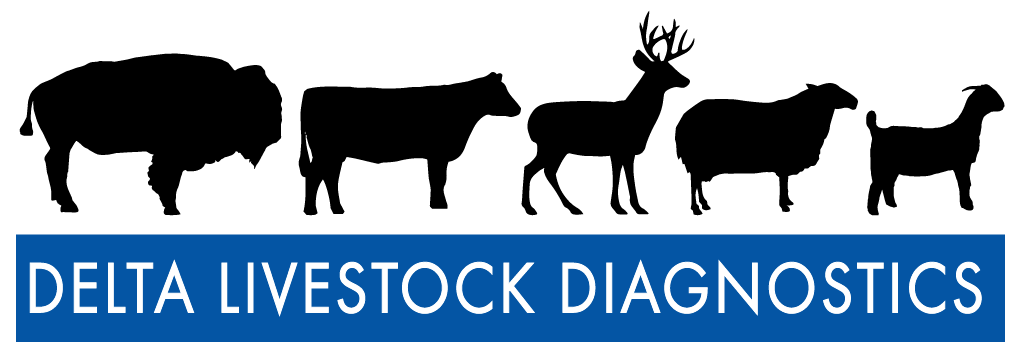NOTE: DISEASE SAMPLES MUST ARRIVE THE DAY PRIOR TO THE TESTING DATE TO BE PROCESSED THE SAME WEEK.
USPS, FedEx, and UPS typically arrive by 5 pm daily. Submitting samples without submission forms and properly labeled tubes will be charged $10 and results may be delayed. Samples must be labeled and submission forms filled out clearly. We encourage all clients to include their farm or owner initials on the samples if possible when labeling their samples by tube number to avoid any and all possible confusion.
Miss the deadline? Don’t worry! Once your samples are at the lab they will be safely stored for later testing. Samples are typically stable for up to two weeks after they are drawn. The lab may reject rotten or hemolyzed samples. To help prevent sample degradation it is imperative that the sample is drawn under sanitary conditions.
Our testing prices have changed as of August 17th, 2024.
| Pregnancy | |
|---|---|
| Price | $7.00 |
| Result date | Reported Friday |
| Received By | Received by Thursday |
| Johne’s | |
|---|---|
| Price | $8.00 |
| Result date | Reported Monday |
| Received By | Received by Friday 10 am |
| CAE | |
|---|---|
| Price | $7.00 |
| Result date | Reported Monday |
| Received By | Received by Friday 10 am |
| CL | |
|---|---|
| Price | $7.00 |
| Result date | Reported Monday |
| Received By | Received by Friday 10 am |
| Biosecurity Panel | |
|---|---|
| Price | $21.00 |
| Result date | Reported Monday |
| Received By | Received by Friday 10 am |
Storage & Shipping
Please allow 3mL of whole blood or 1mL of serum per animal for all tests. When requesting a Biosecurity Panel with a pregnancy test, 6mL of whole blood or 1mL of serum is preferred. Our office accepts packages from the following companies: FedEx, UPS, and USPS. Pregnancy samples are considered shelf stable, can be shipped at room temperature, and are good for up to 30 days when stored correctly. Disease samples must be refrigerated and shipped with ice packs (please refrain from freezing). For best results, the laboratory must process any disease samples within two weeks of being drawn.
